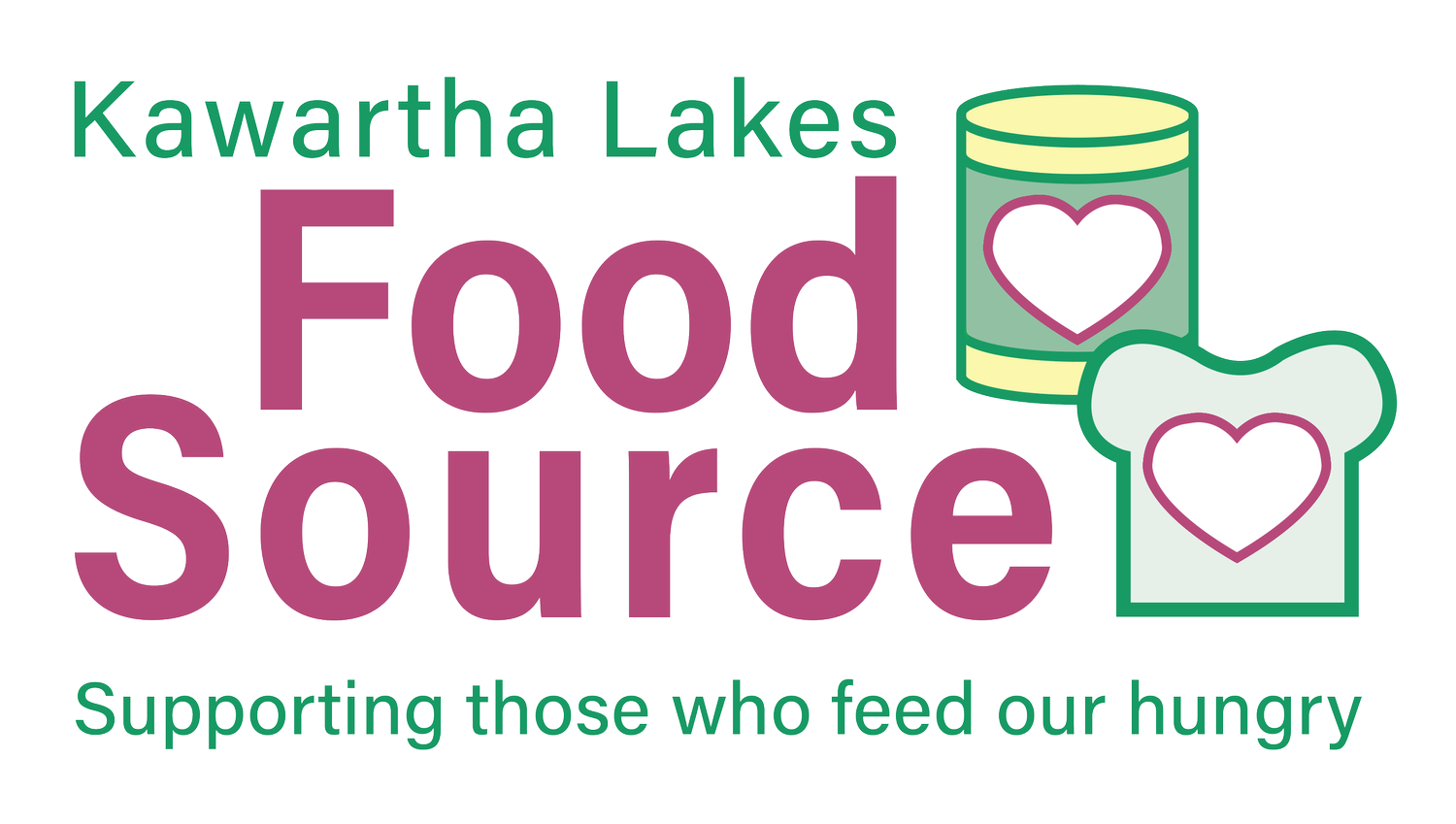The pandemic brings root causes of hunger to light in CKL, echoes province as a whole
The most common reason given for visiting local food banks in Ontario is the high cost of housing. Following close behind are unemployment, low wages, and not enough working hours.
The pandemic has compounded these issues, but income insecurity has been on the rise and food bank use has been increasing since 2017, according to Feed Ontario’s Hunger Report that was released on November 29th, 2021.
Kawartha Lakes Food Source echoes these findings and, like the Hunger Report, our data shows that 70% of Kawartha Lakes Food Source member food bank visitors cite social assistance, including Ontario Disability Support Program, Ontario Works, or Old Age Security, as their primary source of income.
Feed Ontario recommends building a stronger social safety net by investing in social programs, aligning Ontario’s social assistance rates with the poverty line of the recipient’s community, and adjusting rates annually with inflation.
There is a clear need for social change when nearly 2 in 3 Ontario food bank visitors have less than $100/month left after paying for housing and utilities.
When it comes to housing, 75% of local food bank visitors are rental or social housing tenants and nearly 70% are single parent or single adult households. The cost of shelter, let alone food, is hard to sustain on one income. Feed Ontario recommends investing in affordable and supportive housing by expanding the Canada-Ontario Housing Benefit.
To help address employment-related factors contributing to food insecurity, Feed Ontario recommends connecting people to quality employment by improving labour laws and supports for workers, including increasing the number of sick days, promoting access to employment rights and benefits programs regardless of work type, and reinstating the right to refuse last-minute work requests.
Employment in the rural setting of the City of Kawartha Lakes comes with added transportation challenges and sparse childcare options.
KLFS endorses the 2021 Hunger Report’s call to action to bring lived experience to the centre of policy and program design and recommends passing Bill 60, the Ministry of Community and Social Services Amendment Act (Social Assistance Research Commission), 2018.
The food insecurity crisis is worsening. Your voice matters. Help bring anti-poverty platforms to the forefront of the 2022 provincial and municipal elections. Learn about the issues in our community (research, read and become active in the field); educate friends and family (talk about the actions we can take towards positive change); and advocate for policy changes (contact your MP, MPP, and municipal representatives by email, phone, or social media).
Kawartha Lakes Food Source will continue to support short-term challenges while advocating for long term policy changes.
